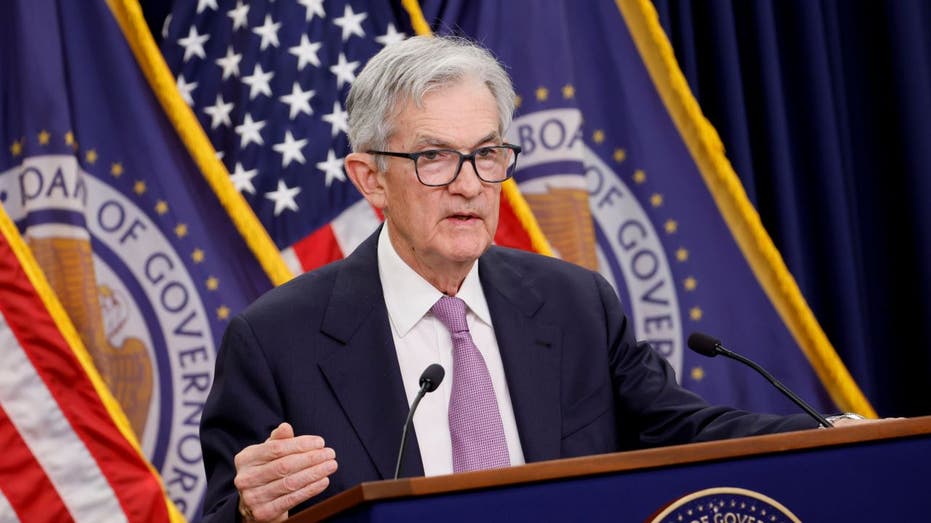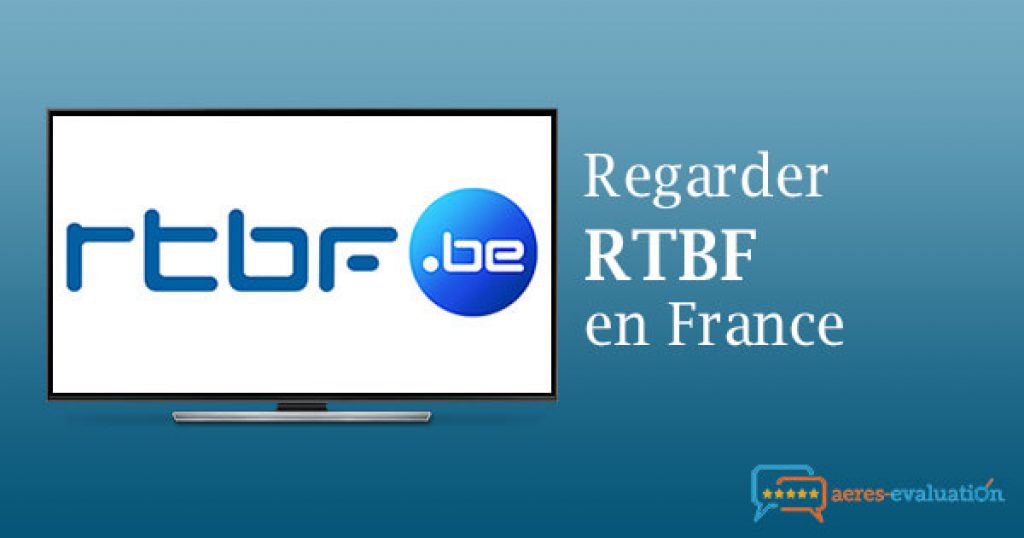Jerome Powell On Tariffs: A Threat To Fed Goals

Table of Contents
Tariffs and Inflation: Powell's Concerns
Tariffs, essentially taxes on imported goods, directly impact prices. When tariffs are imposed, the cost of imported goods increases, leading to higher prices for consumers. This upward pressure on prices contributes directly to inflation, eroding purchasing power. Chairman Powell has consistently highlighted this inflationary pressure in his public statements and testimony before Congress. For instance, the tariffs imposed on steel and aluminum, impacting numerous downstream industries, demonstrably increased the cost of production for countless businesses.
- Increased costs for businesses due to tariffs: Businesses face higher input costs, squeezing profit margins and potentially leading to layoffs or reduced investment.
- Higher prices passed on to consumers: To maintain profitability, businesses often pass these increased costs onto consumers through higher prices for finished goods and services.
- Reduced consumer purchasing power: Higher prices for essential goods and services reduce consumer spending and overall economic activity.
- Potential for a wage-price spiral: Increased inflation can lead to demands for higher wages, further fueling inflation in a potentially damaging feedback loop.
The Impact of Tariffs on Economic Growth
Beyond inflation, tariffs significantly hinder economic growth. They disrupt global supply chains, creating uncertainty and increasing costs for businesses reliant on imported components or raw materials. The imposition of tariffs often provokes retaliatory measures from other countries, escalating into trade wars that stifle global commerce. This uncertainty undermines business investment, a key driver of economic expansion.
- Uncertainty in business investment due to trade disputes: Businesses are hesitant to invest in expansion or new projects when facing unpredictable trade policies.
- Slowdown in global trade: Tariffs restrict the free flow of goods and services, reducing overall global trade volume.
- Job losses in industries affected by tariffs: Businesses facing higher input costs may be forced to reduce production, leading to job losses.
- Reduced economic output: The cumulative effects of reduced investment, slower trade, and job losses translate into lower overall economic output.
Powell's Response and Policy Implications
The Federal Reserve's primary tools for influencing the economy are monetary policy measures such as interest rate adjustments. However, the Fed's ability to mitigate the negative effects of tariffs is limited. Monetary policy is not well-suited to address structural economic problems stemming from trade disputes. While the Fed might adjust interest rates to combat inflation caused by tariffs, this can come at the expense of slowing economic growth.
- Potential adjustments to interest rates: The Fed might raise interest rates to curb inflation but risk stifling economic activity.
- Challenges in balancing inflation and economic growth: The Fed faces a difficult balancing act, trying to control inflation without triggering a recession.
- Communication strategies to manage market expectations: Clear communication from the Fed is crucial to guide market expectations and maintain stability.
- The Fed's reliance on fiscal policy to address trade issues: The Fed largely relies on fiscal policy (government spending and taxation) to address the underlying causes of trade-related economic issues.
The Conflict Between Trade Policy and Monetary Policy
A fundamental conflict exists between the goals of the Federal Reserve and trade policy decisions. The Fed strives for price stability and maximum employment, while trade policies, especially protectionist measures like tariffs, can directly undermine these goals by increasing inflation and reducing economic activity. For example, a tariff aimed at protecting a domestic industry might lead to higher prices for consumers and reduced competitiveness for other export-oriented industries.
Conclusion: Understanding Jerome Powell's Stance on Tariffs
In conclusion, Jerome Powell's concerns regarding tariffs are well-founded. Tariffs pose a significant threat to the Fed's goals of price stability and maximum employment, as they contribute to inflation, disrupt economic growth, and create uncertainty. The Fed's ability to counteract the negative impacts of tariffs through monetary policy alone is limited, highlighting the need for a coordinated approach involving fiscal policy and responsible trade decisions. To understand the full implications of this complex interplay, further research into the economic effects of trade policy and the Federal Reserve's response is crucial. Conducting a thorough "Jerome Powell tariffs analysis," examining the "Federal Reserve trade policy," understanding the "impact of tariffs on inflation," and researching the "economic effects of trade wars" are vital steps in navigating this critical economic challenge. Stay informed about Jerome Powell’s statements on tariffs and their potential impact on your financial well-being.

Featured Posts
-
 Penzionerski Raj Milioni Na Racunu I Zivot U Luksuzu
May 26, 2025
Penzionerski Raj Milioni Na Racunu I Zivot U Luksuzu
May 26, 2025 -
 Debloquer Rtbf A L Etranger Risques Et Alternatives
May 26, 2025
Debloquer Rtbf A L Etranger Risques Et Alternatives
May 26, 2025 -
 Hoka Cielo X1 2 0 Running Shoe Review Performance And Comfort Analysis
May 26, 2025
Hoka Cielo X1 2 0 Running Shoe Review Performance And Comfort Analysis
May 26, 2025 -
 Problemes Techniques A La Rtbf Causes Consequences Et Solutions
May 26, 2025
Problemes Techniques A La Rtbf Causes Consequences Et Solutions
May 26, 2025 -
 Nike Running Shoe Guide 2025 Top Models Reviewed
May 26, 2025
Nike Running Shoe Guide 2025 Top Models Reviewed
May 26, 2025
